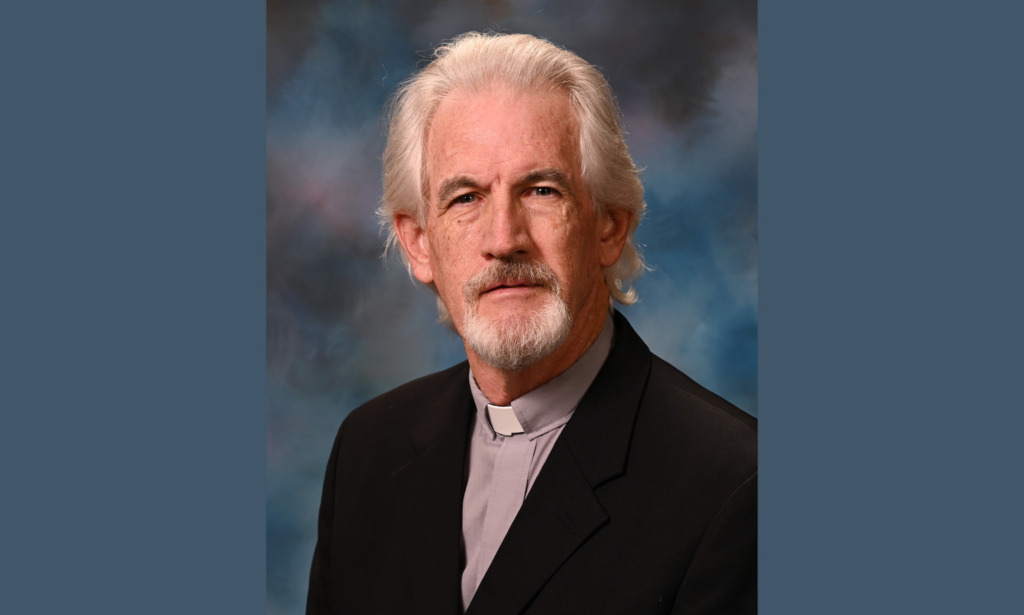Twenty-Fourth Sunday Cycle C Ex 32 7-11, 13-14; Ps 51: 3-4, 12-13,17,19; 1 Tm 1 12-17; Lk 15:1-32
A major theme in the readings for this weekend is God’s mercy. The ideas of being lost and the individual are connected to it. The Gospel uses the word “lost” in reference to the sheep, the coin and the son. In this context, it represents separation.
When we sin, we are separated from God; we are lost. Only when we realize that we are lost, that we have sinned, do we become aware of God’s mercy. Sometimes that awareness happens through the actions of others, and sometimes it happens in other ways.
In the reading from Exodus, the Israelites experience God’s mercy through the intervention of Moses. God relents of their punishment, and the Israelites experience God’s mercy. In the reading from Timothy, Paul explains how he was the greatest of sinners and acknowledges that he is what he is only through the grace and mercy of God. He experienced the realization of his sin through his encounter with Jesus on his way to Damascus.
The son in the third parable of the Gospel realizes his sin and returns to the father and experiences his mercy. The father’s love and forgiveness have always been there, waiting for his son to return. He tells the older son that his brother “was lost and has been found.” Only when we find ourselves, and realize our separation from God, can we return to God and experience God’s mercy.
If we look at the Gospel from another perspective, it is about completeness for individuals and their connection to the community. In the first two parables, Jesus uses the numbers 10 and 100 to represent completeness. The one sheep and one coin represent more than their value in monetary terms.
For the shepherd, missing one sheep made him feel incomplete because his flock wasn’t complete. The woman is incomplete without the 10th coin. It was customary for a married woman to wear a headpiece with 10 coins woven into it signifying she was married. Since Jesus doesn’t call the woman a widow, his audience knew the significance of the 10 coins. Her cause for rejoicing is the completeness of her headpiece, restoring her status as a married woman in the eyes of her friends and the community.
Having one son gone means the father is incomplete; part of him is missing. The son’s return restores the father to completeness in his mind and with the community. The fatted calf in that parable indicates the entire community was invited to rejoice with the father. When one repents and is found, the whole family of God rejoices and celebrates.
Psalm 51 tells us that God will not spurn a contrite and humbled heart. If we look at the shepherd, the woman and the father as representing God, we see the great lengths God goes to for those who are lost. As members of God’s family, we are called to share God’s mercy in our life, to help individuals find themselves, to be complete.
God’s mercy is unconditional and should be offered as such. We are called to do this without regard to their status in life, where they are from, what they have done, what they haven’t done, what they believe or don’t believe. We are called to reach out to people where they are in life, not where we think they should be.
Deacon Christopher Colville serves at Church of the Redeemer, Mechanicsville.

